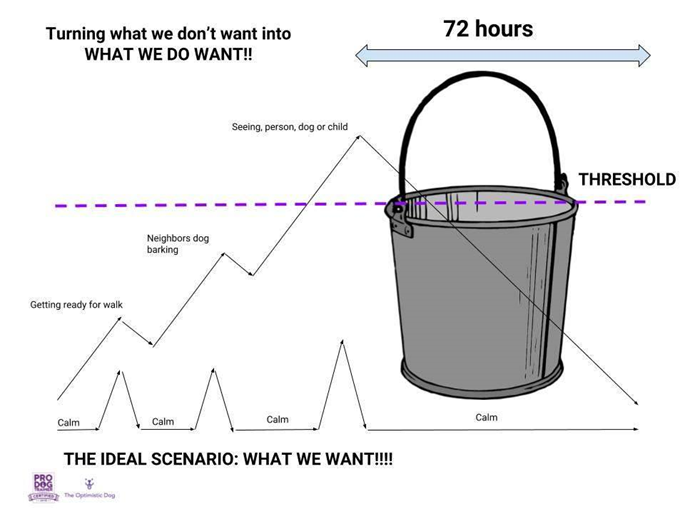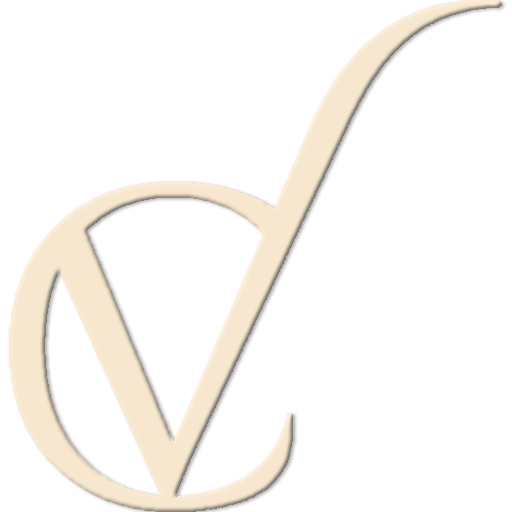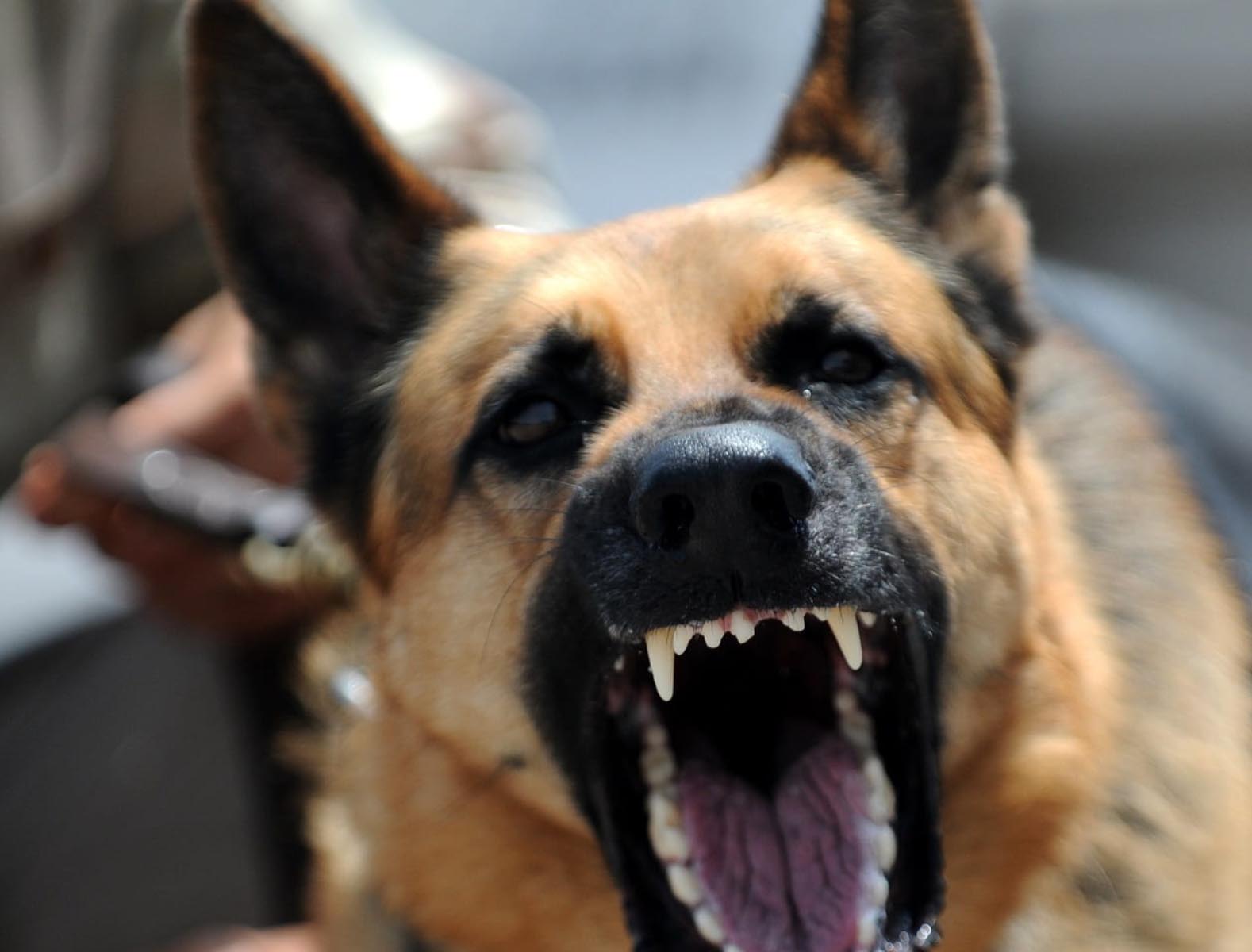Does your dog lunge, bark, spin and rag on the lead?
Reactive Behaviour in Dogs
Reactivity is an umbrella term which describes several behaviours that can be stressful, upsetting and challenging or both dog and owner. These include lunging, barking, spinning, ragging on the lead trying to chase, and sometimes redirected aggression at the person holding the lead. All behaviour has a function. The function of lunging and barking on the lead can be to increase space and make the scary thing go away. Or it can be an indication of frustration because the lead is stopping the dog fulfilling its actions such as chasing after or interacting with the trigger.
Reactive behaviour can develop when dogs are either afraid or frustrated, have had minimal socialisation or have experienced trauma. It can be more common in some breeds that are more easily over stimulated such as herding and terrier breeds.
Trigger stacking leads to reactivity.
A trigger is anything that starts the stress reaction in the dog’s body and mind. Whilst it can be incredibly embarrassing and frustrating for owners who have a reactive dog its important to understand that dogs that lunge and bark are not being difficult. They are having a tough time and feel stressed and worried. When a dog reacts, whether they bark, bites or chases someone away it is because their brain is over threshold, and they cannot cope with the triggers. A stress reaction is physical. It is not something that a dog could control, even if they wanted to, it is an instinctive reaction to a threat which triggers a fight or flight response towards a perceived threat. If your dog’s ‘bucket’ is full of stressful encounters every day, your dog’s brain will be flooded with the stress hormone cortisol. This can make your dog much more sensitive, hyper vigilant and even ill if this continues over a long period of time.
So how can we help our reactive dog?
Your dog will need a cortisol holiday to bring their brain back into a neutral place. He/she will not be able to learn new patterns of behaviour until you give them a complete rest away from the stress.
I usually recommend a 2-3 week “cortisol free holiday” away from all the things in your dog’s life that trigger them into stress and cause a reaction.

Choose quiet non-triggering places to exercise your dog, for example:
- Graveyards or crematoriums – There are usually lots of natural barriers such as tress, bushes, headstones and dogs must be on lead.
- Industrial unit areas – they have plenty of space, no loose dogs, and lots to sniff
- School grounds
- University campus
- Hospital grounds
- Retail parks
- Tennis courts and other sports pitches
- Along quiet country lanes where there are grass verges
- Secure exercise fields
- Indoor or outdoor horse-riding arenas
- Horse exercise gallops
Reduce visual stimulation and territorial displays at windows and doors. Use screens, curtains, privacy film or cardboard etc. to do this. Or use gates / barriers to keep your dog away from windows. Have your dog travel in a crate to avoid being triggered by people or dogs passing the car. Or keep them low down in the cars footwells to reduce visual stimulation.
Keep the Radio or TV on as background white noise to help drown out external sounds. Native Drumming sounds are excellent for muffling external sounds such as fireworks.
Walks can be replaced with chewing, sniffing, licking, exploring and doggy puzzles or learning tricks. Enrich your dog’s mind and life every day, with little tasks and helping your dog to relax, reduce stress, learn to nap, and rest.
You might find a calming supplement works to reduce stress
If you are using corrective training techniques – stop. You will not fix this problem by using punishment. Instead enlist the support and guidance of a qualified force free trainer or behaviourist to train your dog in some essential skills to help them cope better with triggers. Be kind and patient with your dog. If they are reacting, they are struggling with something and need our patience and training to develop more appropriate behaviour.
Please do get in touch if you need help.

